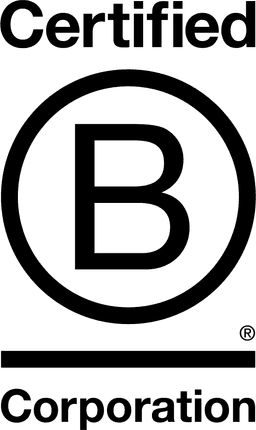

Squeaky Clean Energy Limited

City of London, United Kingdom
May 2018
Other renewable energy installation
Service with Minor Environmental Footprint
United Kingdom
Squeaky was founded to help fix a system that no longer works — for people, for the planet, or for the future. The energy market has long been shaped around the interests of the few: fossil fuel incumbents, vertically integrated utilities, and legacy systems that resist change. Squeaky takes a different approach — building a cleaner, fairer supply model that gives power back to those who need it most. Our mission is to accelerate the world’s transition to clean energy — starting with the businesses that can make the biggest difference. One large industrial or commercial customer switching to clean power has the same carbon impact as hundreds of thousands of homes. That’s why Squeaky is focused on hospitals, manufacturers, universities, and logistics networks — the organisations with real scale, and real influence. But this isn’t just about big buyers. It’s about creating a more open, inclusive energy system. Squeaky is also a marketplace, connecting major energy users with independent clean generators — from community wind farms to family-owned solar developers. That means more money flowing to the people building the future, not propping up the past. We believe that clean energy shouldn’t be hard to find, or harder to trust. That’s why everything we do — from billing and c
Overall B Impact Score
Governance 19.7
Governance evaluates a company's overall mission, engagement around its social/environmental impact, ethics, and transparency. This section also evaluates the ability of a company to protect their mission and formally consider stakeholders in decision making through their corporate structure (e.g. benefit corporation) or corporate governing documents.
What is this? A company with an Impact Business Model is intentionally designed to create a specific positive outcome for one of its stakeholders - such as workers, community, environment, or customers.
Workers 27.9
Workers evaluates a company’s contributions to its employees’ financial security, health & safety, wellness, career development, and engagement & satisfaction. In addition, this section recognizes business models designed to benefit workers, such as companies that are at least 40% owned by non-executive employees and those that have workforce development programs to support individuals with barriers to employment.
Community 9.3
Community evaluates a company’s engagement with and impact on the communities in which it operates, hires from, and sources from. Topics include diversity, equity & inclusion, economic impact, civic engagement, charitable giving, and supply chain management. In addition, this section recognizes business models that are designed to address specific community-oriented problems, such as poverty alleviation through fair trade sourcing or distribution via microenterprises, producer cooperative models, locally focused economic development, and formal charitable giving commitments.
Environment 27.9
Environment evaluates a company’s overall environmental management practices as well as its impact on the air, climate, water, land, and biodiversity. This includes the direct impact of a company’s operations and, when applicable its supply chain and distribution channels. This section also recognizes companies with environmentally innovative production processes and those that sell products or services that have a positive environmental impact. Some examples might include products and services that create renewable energy, reduce consumption or waste, conserve land or wildlife, provide less toxic alternatives to the market, or educate people about environmental problems.
What is this? A company with an Impact Business Model is intentionally designed to create a specific positive outcome for one of its stakeholders - such as workers, community, environment, or customers.
Customers 1.8
Customers evaluates a company’s stewardship of its customers through the quality of its products and services, ethical marketing, data privacy and security, and feedback channels. In addition, this section recognizes products or services that are designed to address a particular social problem for or through its customers, such as health or educational products, arts & media products, serving underserved customers/clients, and services that improve the social impact of other businesses or organizations.